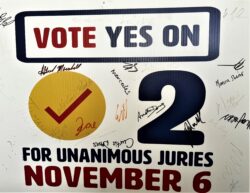History
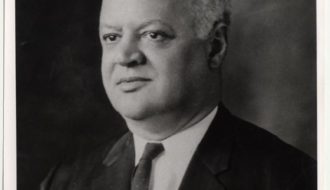
A. P. Tureaud
A. P. Tureaud was a key legal activist in an era of vigorous challenges to Jim Crow in twentieth-century Louisiana.

A. P. Tureaud was a key legal activist in an era of vigorous challenges to Jim Crow in twentieth-century Louisiana.
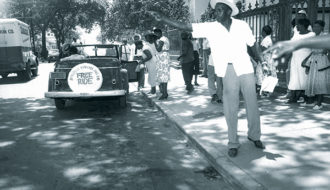
The 1953 Baton Rouge Bus Boycott was an organized, eight-day long protest of the segregated seating system on city buses.

The Baton Rouge Bus Boycott of June 1953 lasted eight days and became a model for organizers of the 1955 Montgomery Bus Boycott.
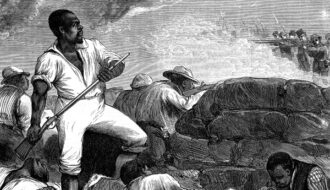
In 1873 white Louisianans responded to Reconstruction policies with violence, resulting in the Colfax Massacre.

In 1873 white Louisianans responded to Reconstruction policies with violence, resulting in a massacre that claimed as many as 150 lives.
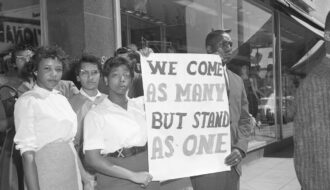
In 1960 the state charged student protestors with disturbing the peace, resulting in a US Supreme Court ruling that affirmed Black communities’ constitutional right to protest.
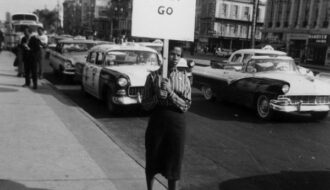
In the late nineteenth century, the implementation of Jim Crow—or racial segregation—laws institutionalized white supremacy and Black inferiority throughout the South.

After the Civil War, African Americans gained some political rights and power before having them taken away again during the era of Jim Crow laws and segregation.
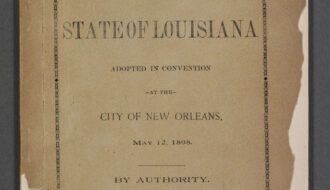
Bourbon Democrats suppressed democracy and restored white supremacy in the Louisiana State Constitution of 1898.
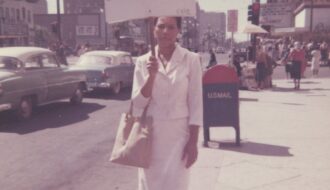
As early as the antebellum era, Louisiana women fought for the rights of African Americans in the abolitionist movement.

Desegregation efforts in Tangipahoa Parish began in 1965 when M. C. Moore and Henry Smith filed a lawsuit against the parish school board calling for a racially integrated and unified school system.
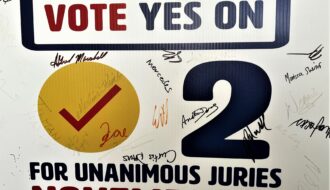
A segregation-era law voted down in 2018 and deemed unconstitutional in 2020
One-Year Subscription (4 issues) : $25.00
Two-Year Subscription (8 issues) : $40.00
